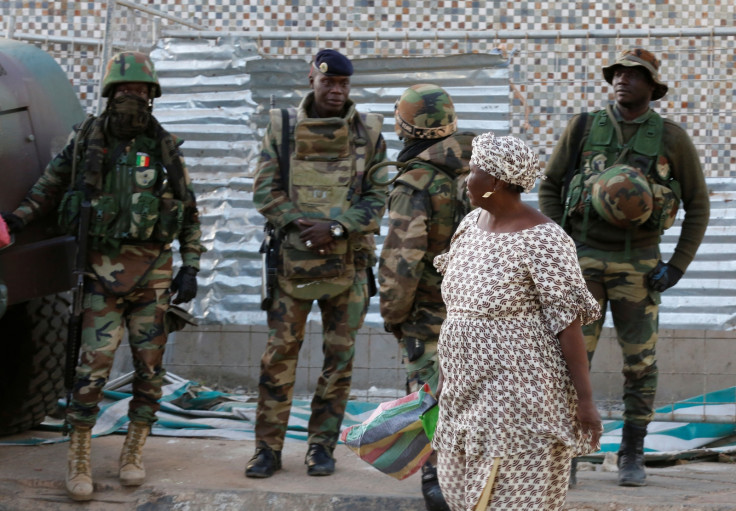In The Field Podcast: New dawn for Gambia? Adama Barrow prepares return after Yahya Jammeh leaves
New president holes up in the Gambian embassy in Senegal while he waits to see if it is safe to return

Back in December the Gambia saw an event that has been fairly elusive in Africa over the past few decades: a dictator, Yahya Jammeh, who had ruled for over 20 years agreed to hold elections, lost them and then agreed to stand down.
Just days later it emerged that a peaceful democratic transition in West Africa was indeed too good to be true: Jammeh reversed his decision to stand down, first calling for new elections and then trying to impose a 90 day state of emergency in order to cling on to power.
But the Gambia's neighbours would not take his u-turn lying down. First neighbouring Senegal said that it would send in troops to oust Jammeh and pave the way for the man that beat him, Adama Barrow - a businessman and former security guard – to take up the leadership.
Then the Gambian military refused to back Jammeh if the Senegalese force entered the country. Jammeh eventually realised his days were numbers and fled to Equatorial Guinea, reportedly taking upwards of $11 million and possessions that may have included a fleet of luxury cars.
As of Monday 23 January, Barrow remained in Dakar, Senegal, where he has already been sworn in as president but is waiting to find out whether his home country is safe enough for his return.
This week on In the Field, we speak to our reporter Ludovica Iaccino, who is in Dakar, and a local journalist, Sainey MK Marenah, who was forced to flee Gambia two years ago for Senegal after he was accused of promoting false news.
Subscribe on iTunes to In the Field, IBTimes UK's weekly podcast on world affairs.
© Copyright IBTimes 2024. All rights reserved.







